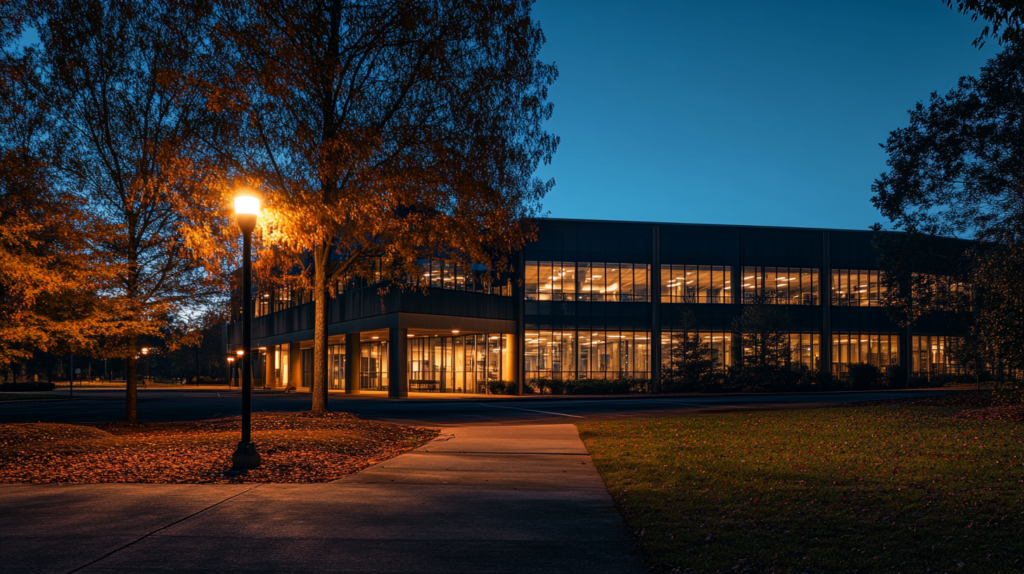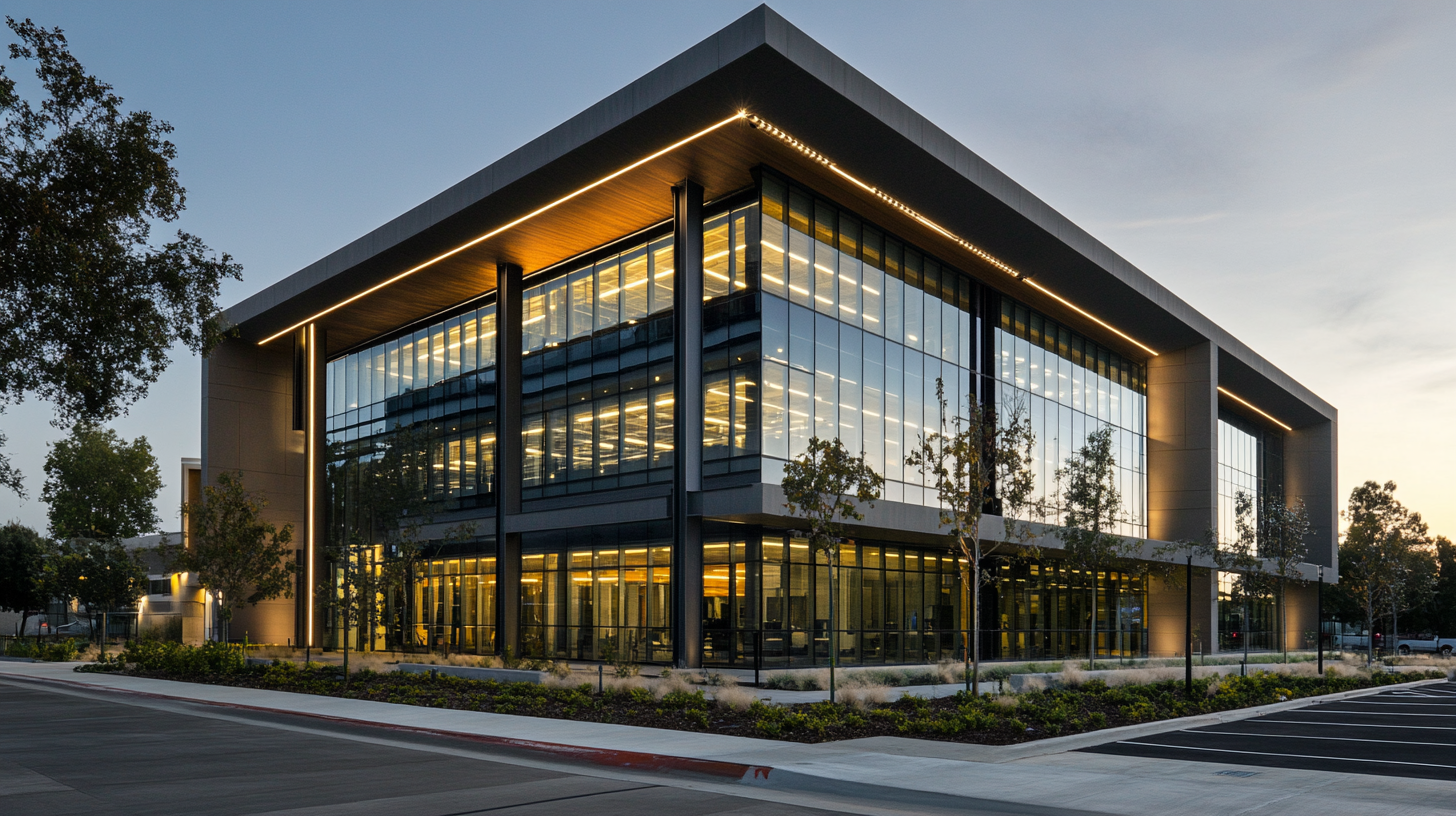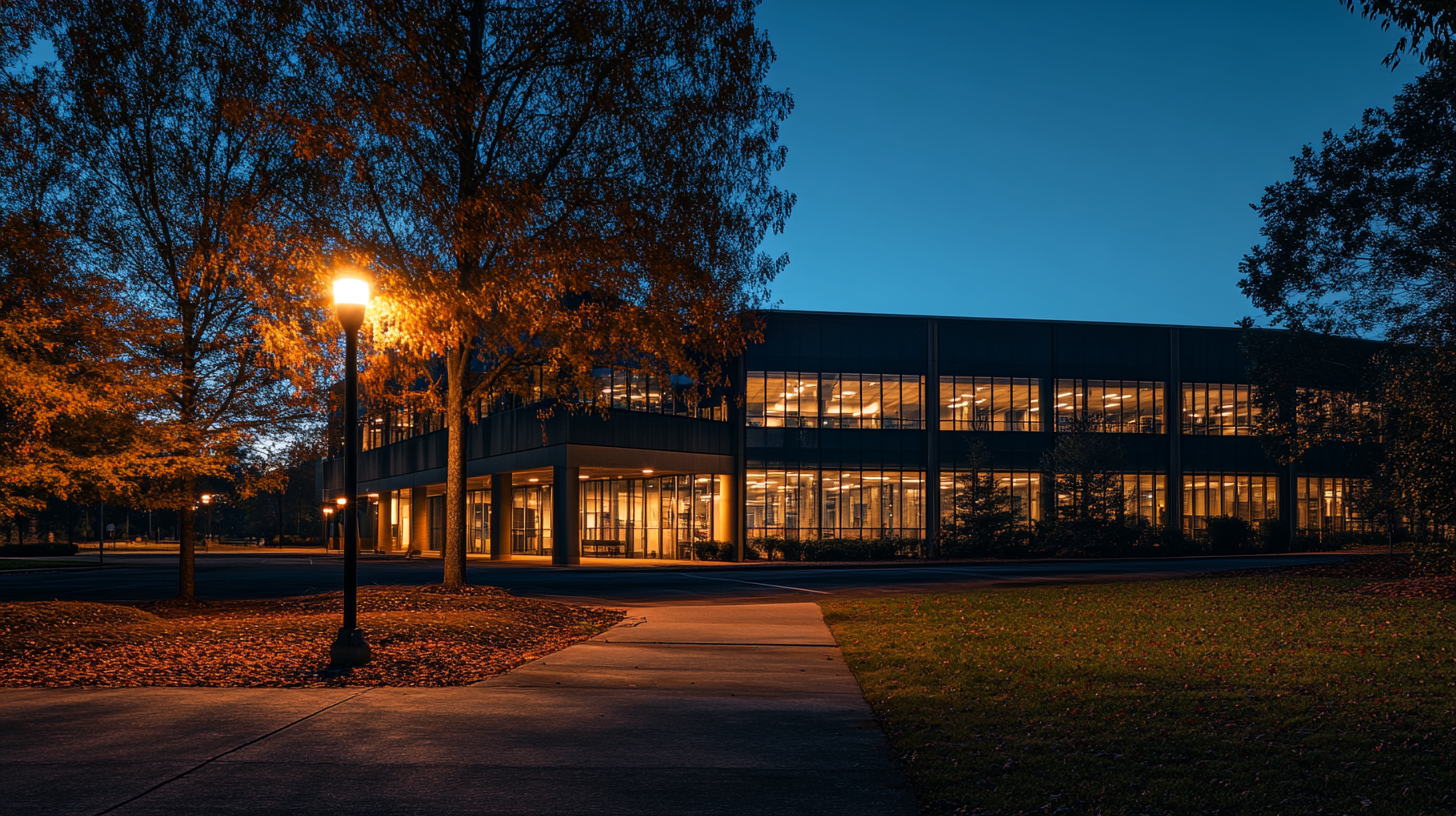In today’s fast-paced business environment, safeguarding your assets, employees, and sensitive information is crucial. With the increasing complexity of threats, businesses need to adopt a proactive approach to security. Selecting the right commercial security solutions can be the difference between peace of mind and potential disaster. As businesses face various security challenges, implementing comprehensive business security systems becomes essential to mitigate risks and protect interests. By staying ahead of potential threats, companies can focus on growth and innovation without being derailed by security concerns.
Understanding Business Security Systems
When we talk about business security systems, we’re referring to a combination of technologies and protocols designed to protect a business from theft, unauthorized access, and other threats. These systems are crucial not only for physical safety but also for protecting sensitive data and intellectual property. These systems can range from physical security measures, like locks and surveillance cameras, to digital protections, such as firewalls and encryption. Understanding the different components and how they work together is essential for creating a holistic security strategy that addresses all potential vulnerabilities.
Types of Commercial Security Solutions
There are various types of commercial security solutions available, each designed to address specific aspects of business protection. Choosing the right mix of solutions depends on the unique needs and risks faced by your business. Here’s a look at some of the most common:
Physical Security Solutions
Physical security involves securing the business premises against unauthorized entry and theft. This includes locks, security doors, and window bars. These measures act as the first line of defense, deterring potential intruders and safeguarding physical assets. Additionally, businesses can employ security personnel to monitor and protect the premises. Security personnel can provide a human element to security, offering both a visible deterrent and a rapid response to incidents.
Surveillance Systems
Surveillance systems, such as CCTV cameras, are essential for monitoring and recording activities within and around the business premises. These systems not only help deter criminal activity by increasing the perceived risk of getting caught but also provide valuable evidence in the event of an incident. Modern surveillance systems often come with features like remote access, high-definition video, and night vision, making them more effective than ever before. By integrating surveillance systems with other security measures, businesses can create a more comprehensive security network.
Access Control Systems
Access control systems regulate who can enter certain areas of a business. These systems use key cards, biometric scanners, or PIN codes to ensure that only authorized personnel gain access to restricted areas, thereby enhancing security. By restricting access to sensitive areas, businesses can significantly reduce the risk of internal threats and data breaches. Access control systems can also provide detailed logs of entry and exit times, helping businesses track employee movements and identify potential security breaches.
Alarm Systems
Alarm systems are designed to alert business owners and security personnel of unauthorized access or other emergencies, such as fires or gas leaks. These systems can be connected to security services that respond to alarms promptly, ensuring rapid intervention when necessary. Modern alarm systems often include features such as mobile notifications, integration with other security systems, and the ability to differentiate between different types of threats. By ensuring a quick and coordinated response to alarms, businesses can minimize potential damage and losses.
Cybersecurity Measures
With the increasing reliance on digital systems, cybersecurity has become a critical component of business security. This includes firewalls, antivirus software, and encryption to protect sensitive data from cyber threats. As cyberattacks become more sophisticated, businesses must continuously update their cybersecurity measures to defend against new vulnerabilities. Implementing strong cybersecurity protocols not only protects sensitive data but also helps maintain customer trust and compliance with legal requirements.

The Importance of Business Risk Management
Business risk management involves identifying, assessing, and mitigating risks that could affect the business. It is a proactive approach to security, focusing on prevention rather than reaction. Effective risk management ensures that businesses are prepared for potential threats and can respond effectively when incidents occur. By systematically managing risks, businesses can reduce the likelihood of disruptions and ensure continuity in operations.
Risk Assessment
Conducting a thorough risk assessment is the first step in developing a robust security strategy. This involves identifying potential threats, evaluating the likelihood of their occurrence, and assessing their potential impact on the business. By understanding the specific risks faced, businesses can prioritize their security efforts and allocate resources more effectively. Regular risk assessments help businesses stay ahead of emerging threats and adjust their security measures as needed.
Developing a Security Plan
Once risks are identified, businesses can develop a security plan that outlines the measures needed to mitigate these risks. This plan should cover both physical and digital security strategies and should be regularly reviewed and updated. A comprehensive security plan includes detailed procedures for preventing and responding to incidents, ensuring that all aspects of security are addressed. Regularly updating the plan ensures that it remains relevant and effective in a changing threat landscape.
Employee Training
Educating employees about security protocols and procedures is vital. Employees are often the first line of defense against security threats, and their actions can significantly impact security outcomes. Regular training ensures that everyone understands their role in maintaining security and can respond appropriately in the event of a security breach. Training sessions should be engaging and informative, covering both general security principles and specific procedures relevant to the business.
Choosing the Right Security Solutions
Selecting the right security solutions for your business involves considering several factors. A tailored approach ensures that the chosen solutions effectively address your unique security needs. By carefully evaluating these factors, businesses can create a security strategy that provides optimal protection without unnecessary complexity or cost.
Business Size and Type
The size and type of your business will influence the security measures you need. For instance, a retail store may require more surveillance cameras than a small office, while a tech company might focus more on cybersecurity. Understanding the specific risks associated with your industry and business size helps prioritize security investments. Additionally, considering the physical layout and operational needs of your business can guide the selection of appropriate security measures.
Budget Considerations
While security is a worthwhile investment, it’s essential to balance security needs with budget constraints. Consider solutions that offer the best protection for your investment without compromising quality. Cost-effective solutions can often be achieved by prioritizing high-risk areas and considering scalable options that can grow with the business. Additionally, evaluating the potential cost of security breaches can help justify the investment in robust security measures.
Integration with Existing Systems
Ensure that new security solutions can integrate seamlessly with your existing systems. This includes compatibility with current software and hardware, as well as ease of use for employees. Seamless integration minimizes disruptions and ensures that new systems enhance rather than complicate existing security measures. By choosing compatible solutions, businesses can streamline their security operations and improve overall efficiency.
Scalability
As your business grows, your security needs may change. Choose solutions that can scale with your business to avoid having to replace systems entirely as your needs evolve. Scalable solutions provide flexibility, allowing businesses to expand or modify their security measures as needed. By planning for future growth, businesses can ensure that their security infrastructure remains robust and effective over time.

Implementing and Maintaining Security Systems
Once you’ve selected the right security solutions, proper implementation and maintenance are key to ensuring their effectiveness. Ongoing attention to these areas helps maximize the return on your security investment and ensure long-term protection.
Professional Installation
For complex systems like surveillance cameras and access control, consider hiring professionals for installation. This ensures that systems are set up correctly and function as intended. Professional installation can also provide valuable insights into optimizing the placement and configuration of security devices. By relying on experts, businesses can avoid common pitfalls and ensure that their security systems operate at peak performance.
Regular Maintenance
Regular maintenance of security systems is essential to ensure they remain operational. This includes updating software, checking hardware for faults, and replacing any outdated components. Proactive maintenance helps identify and address potential issues before they lead to system failures. By establishing a routine maintenance schedule, businesses can ensure that their security systems remain reliable and effective over time.
Continuous Monitoring and Evaluation
Security needs can change over time, so it’s important to continuously monitor and evaluate your security systems. Conduct regular reviews and make adjustments as necessary to address new threats or vulnerabilities. Continuous monitoring allows businesses to detect and respond to security incidents promptly, minimizing potential damage. By staying vigilant and adapting to changing circumstances, businesses can maintain a robust security posture.
Conclusion
Choosing the right commercial security solutions is crucial for protecting your business. By understanding the available options and implementing a comprehensive security strategy, you can mitigate risks and ensure the safety of your assets and personnel. Whether through physical security measures, advanced surveillance, or robust cybersecurity, investing in the right systems will provide peace of mind and help safeguard your business against potential threats. With the right approach, businesses can create a secure environment that supports growth and success.
Contact Matson Alarm of Tennessee for Your Security Needs
Ready to enhance your business security? Contact Matson Alarm of Tennessee today to discuss tailored commercial security solutions that fit your unique needs. Our team of experts is here to help you protect your assets, employees, and sensitive information. Don’t wait until it’s too late—secure your business now!



